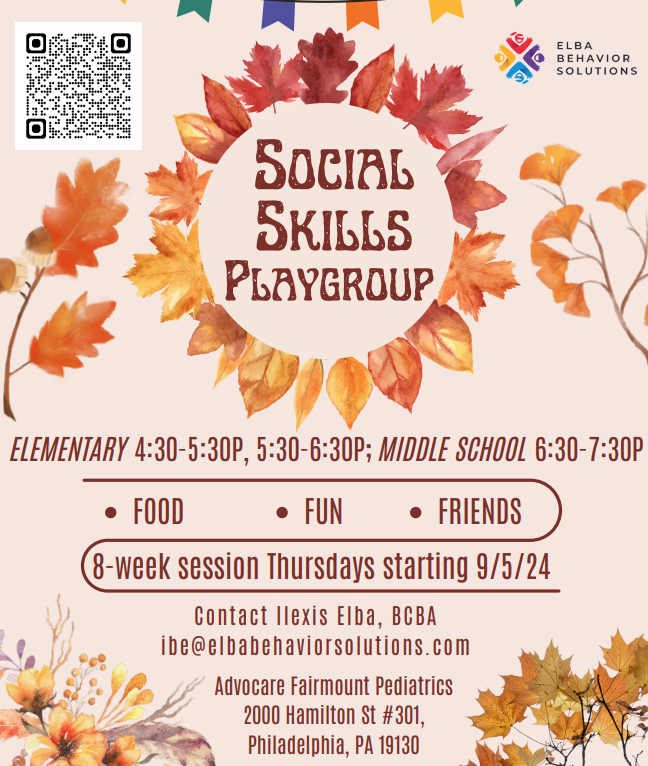Diverse Learners
Nebinger provides an extensive range of educational services and supports for students with diverse needs within our schools. These services include:
SPECIAL EDUCATION PROGRAMS
- Learning support – for children whose greatest need of support is in the areas of reading, writing, math, or speaking or listening related to academic
- Deaf and hard of hearing support – for children who require services related to deafness or hearing impairment. The IEP for these students must include a communication plan to address language and communication needs
- Speech and language support – for children who have speech and language impairments and require services to develop communication skills
- Physical support – for children who have a physical disability and require services in functional motor skill development
- Autistic support – for children with autism who require services in the areas of communication, social skills, or behavior
- Autistic support VB – Verbal Behavior (VB) therapy teaches communication and language. It is based on the principles of Applied Behavior Analysis. This approach encourages students with autism to learn language by connecting words with their purposes. The student learns that words can help them get desired objects or results.
For more information on special education programming, contact Jedidiah Slaboda at Jslaboda@philasd.org
Autistic Support (AS) Programming
Nebinger Elementary currently serves students in the following Autistic Support Classroom Settings:
K-2 VB
3-5 AS
3-5 VB
6-8 AS
*Each classroom consists of a highly qualified classroom teacher, classroom assistant, and special education support assistants.
Interventions, Supports & Programming
ABA/VBMapp– ABA is the use of evidence-based techniques to create meaningful behavior change. Interventions based on ABA are the most effective interventions for students with Autism. ABA can be used to teach students new skills and also to reduce problem behaviors. Students who previously struggled to sit for instructional tasks, communicate their wants and needs and interact with peers and adults have made significant gains as part of this program.

The Philadelphia Secondary Autism Project (PSAP) brings evidence-based practices to classrooms throughout the district. The program focuses on improving instruction to meet the educational needs of students with significant learning challenges, including autism spectrum disorder (ASD). Now serving the secondary level, the PSAP provides professional development workshops and in-class coaching to ensure fidelity of instructional practices.
The Ph illy AIMS team comprises a group of researchers and clinicians at the University of Pennsylvania Perelman School of Medicine. The mission of Philly AIMS is to improve quality education for children with autism through research and practice. Philly AIMS has partnered with the School District of Philadelphia since 2008 to determine the best ways to move evidence‐based autism interventions into practice. Philly AIMS has continued to support the district in the implementation of evidence based practices including training in inclusive educational practices, class‐wide positive behavioral strategies, and ABA‐based programming (Applied Behavior Analysis).
illy AIMS team comprises a group of researchers and clinicians at the University of Pennsylvania Perelman School of Medicine. The mission of Philly AIMS is to improve quality education for children with autism through research and practice. Philly AIMS has partnered with the School District of Philadelphia since 2008 to determine the best ways to move evidence‐based autism interventions into practice. Philly AIMS has continued to support the district in the implementation of evidence based practices including training in inclusive educational practices, class‐wide positive behavioral strategies, and ABA‐based programming (Applied Behavior Analysis).
Nebinger Partnerships- Social Skills Play Groups:

Parental Rights at a Glance
SDP Specialized Services Family Resource Page

